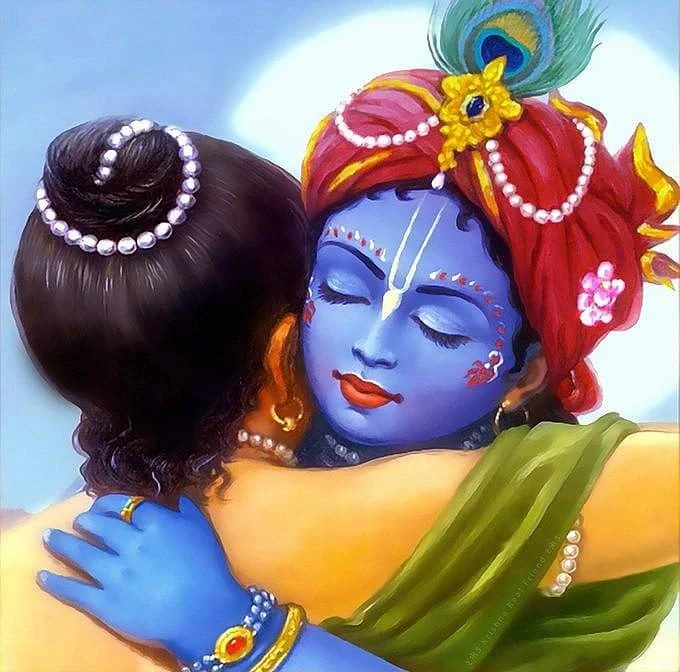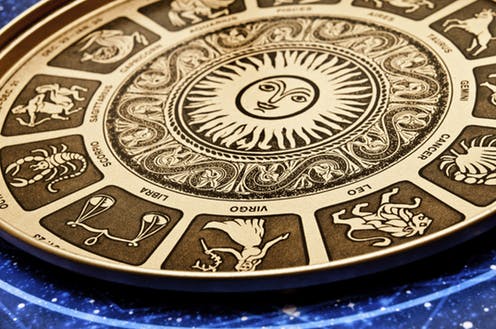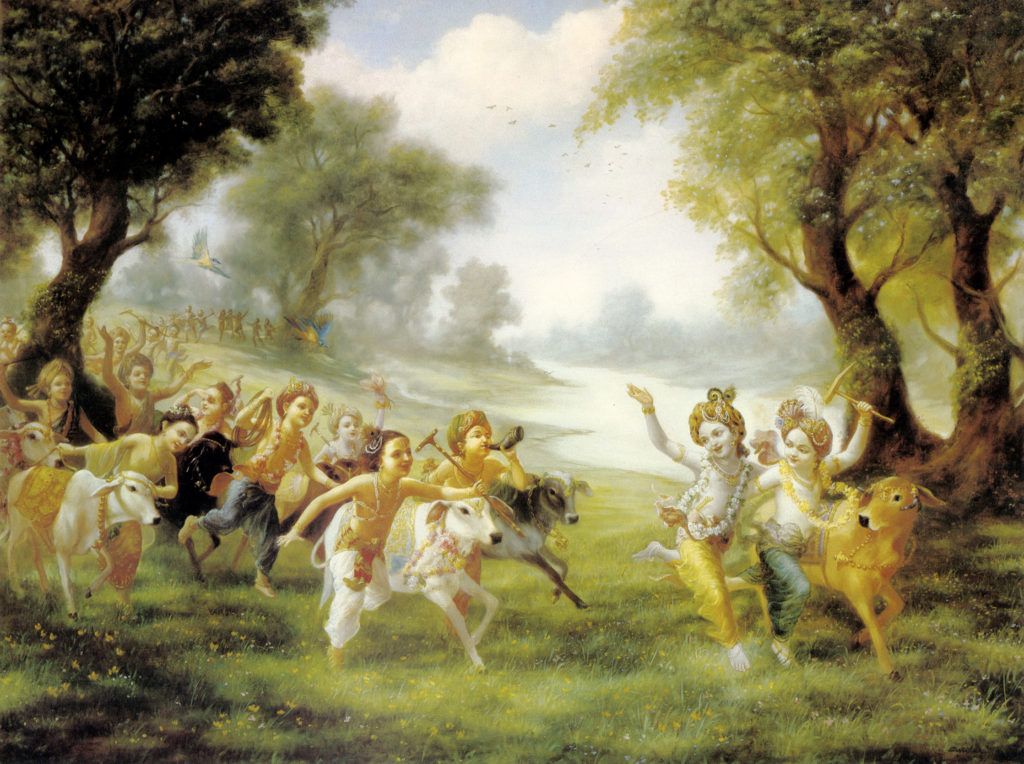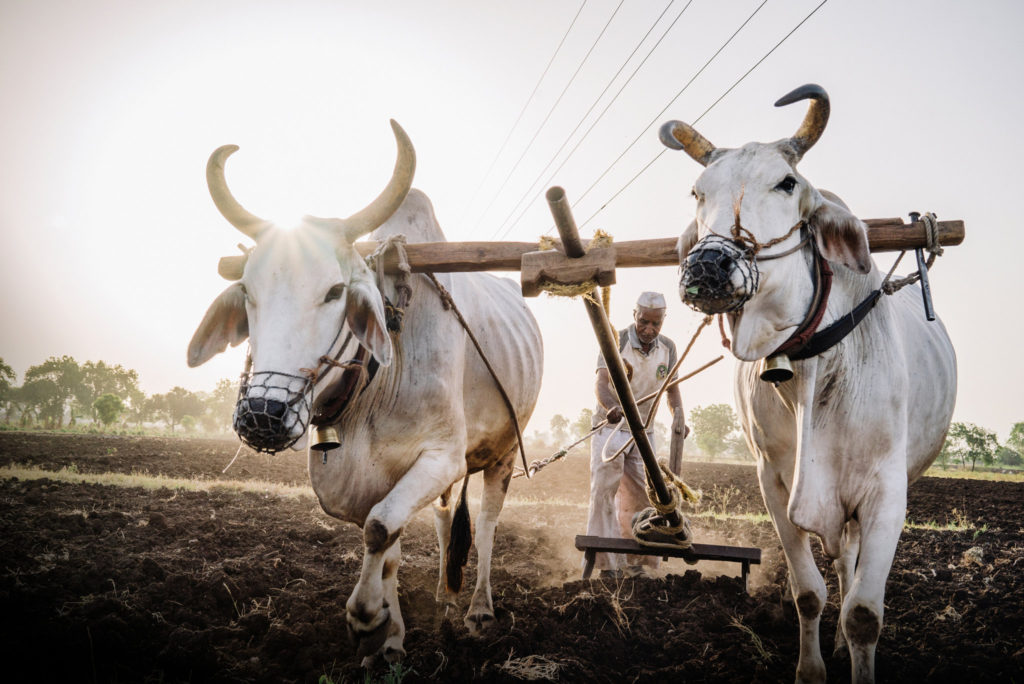Do the jivas fall from the spiritual world? Were we in Krsna Lila before falling in this material world, or have we just fallen here from the viraja river, and that’s our first taste of Krsna Consciousness? Have we ever met Krsna before?
To ask “how the souls fall into the material world” sounds like a perfectly bonafide question, something a visitor could make in a Sunday class. However, it became one of the most polemical topics inside our movement, evoking heated discussions and a few occasional fistfights. For the last 40+ years, books have been written, long discussions held, resolutions have been made by the GBC, and we are still far from a consensus.
How could such a simple question become the center of such fratricidal dispute?









